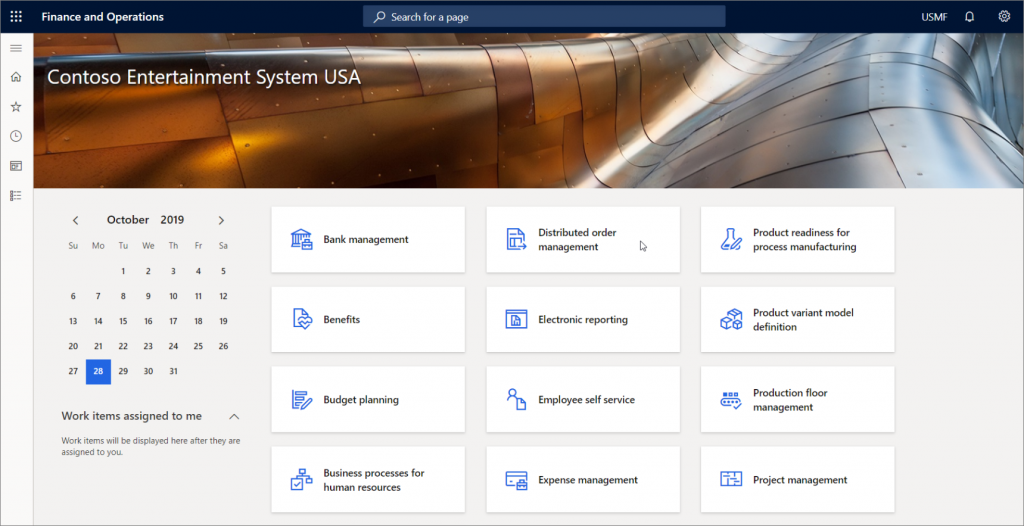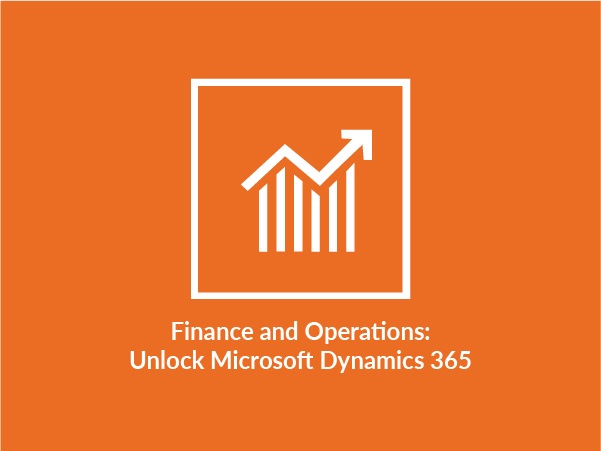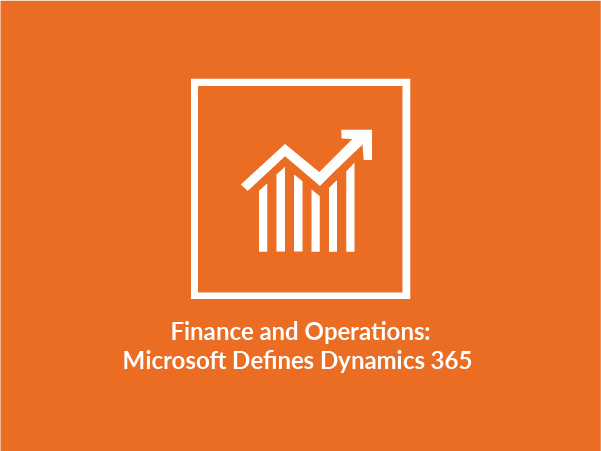Yes, Dynamics 365 is designed to handle international operations and comply with local regulations. Here are some ways in which Dynamics 365 supports international operations:
1. Multi-Language Support: Dynamics 365 offers multi-language capabilities, allowing users to work in their preferred language. It supports a wide range of languages, enabling organizations to operate globally and cater to diverse user groups.
2. Multi-Currency Management: Dynamics 365 provides robust features for managing multiple currencies. It allows organizations to transact and report in different currencies, handle currency conversions, and manage exchange rates. This is particularly useful for businesses with international operations or dealing with customers and suppliers in various countries.
3. Global Tax and Compliance: Dynamics 365 includes built-in functionalities to help organizations comply with local tax regulations. It supports various tax structures, including value-added tax (VAT), goods and services tax (GST), and other regional tax requirements. The system can generate tax reports, handle tax calculations, and automate compliance processes.
4. Localization and Regulatory Compliance: Microsoft and its partners continuously work on localizing Dynamics 365 to meet the specific legal and regulatory requirements of different countries and regions. This includes addressing local accounting standards, reporting requirements, and compliance frameworks.
5. Global Deployment Options: Dynamics 365 offers cloud-based deployment options, allowing organizations to access and operate the system from anywhere in the world. Microsoft Azure, the underlying cloud infrastructure, has data centers located globally, providing scalability, security, and data residency compliance for various regions.
6. Partner Ecosystem: Microsoft has a global partner ecosystem that includes implementation partners and independent software vendors (ISVs) who specialize in localizing and adapting Dynamics 365 to specific markets. These partners have expertise in local regulations, language translations, and industry-specific requirements, ensuring organizations can navigate local complexities effectively.
By offering multi-language support, multi-currency management, tax compliance features, localization efforts, global deployment options, and a robust partner ecosystem, Dynamics 365 enables organizations to operate internationally and adhere to local regulations. This empowers businesses to manage their operations effectively, streamline processes across different countries, and ensure compliance with local legal and financial requirements.





















